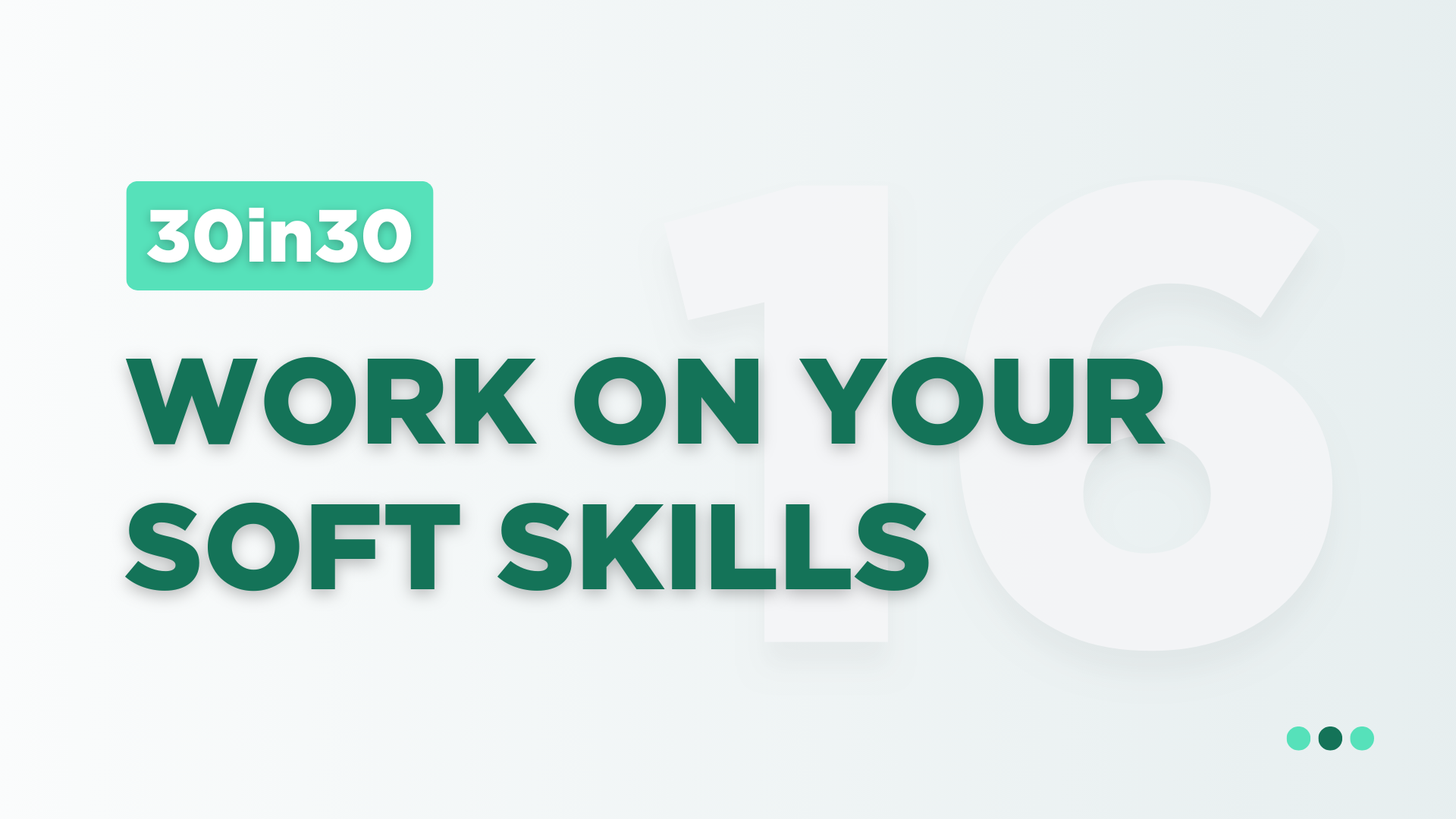Work On Your Soft Skills

Lesson 16: Build Soft Skills With Intentionality for Lifelong Growth
Soft skills are the invisible threads that weave success into our personal and professional lives. While technical skills get you in the door, soft skills determine how far you go. Over the years, I’ve come to appreciate the immense value of soft skills like communication, time management, and emotional intelligence. These are not innate abilities—they are cultivated through consistent and intentional effort.
One of the skills I struggled with early in my career was communication. Workplace communication is nuanced, and I learned this the hard way. I remember almost losing an important opportunity because I couldn’t communicate effectively. That experience became a turning point. Since then, I’ve made it a priority to refine my communication.
In 2022, I took a public speaking course to improve how I articulate ideas. The results were transformational. As I shared in Lesson 9, good communication has strengthened my relationships and opened up new opportunities.
Time management has been another area of focus. Poor time management in the past caused me to miss deadlines and lose credibility with those who trusted me. But in the last three years, with intentionality—using tools like digital calendars, setting realistic priorities, and saying “no” to distractions—I’ve seen my productivity soar. I’m still a work in progress, but the transformation is evident.
Beyond communication and time management, I’ve also worked on leadership, problem-solving, emotional intelligence, and adaptability. These skills have improved my ability to navigate challenges, build trust, and grow in every sphere of life.
Soft Skills to Build and How to Develop Them
- Communication Skills: Communication is the backbone of collaboration and leadership. It ensures your ideas are understood and valued. To improve this skill, practice active listening by focusing on understanding before responding. You can also join public speaking groups, take a course, or seek feedback to refine your communication style. These small, intentional steps can enhance both personal and professional relationships.
- Time Management: Managing time well helps you prioritize tasks, reduce stress, and accomplish more. Develop this skill by using productivity tools like planners, apps, or time-blocking methods to structure your day. Regularly reviewing and adjusting your routines and setting clear boundaries for work, rest, and leisure will also boost your efficiency and help you achieve your goals.
- Emotional Intelligence (EQ): Emotional intelligence helps you understand and manage emotions—yours and others’. It builds stronger connections and resolves conflicts effectively. To grow EQ, reflect on your emotions daily through journaling, practice empathy by seeing things from others’ perspectives, and explore resources like books or workshops on emotional intelligence.
- Adaptability: In a rapidly changing world, adaptability ensures you stay relevant and resilient. Embrace change as an opportunity to learn and grow by taking on challenges outside your comfort zone. Surrounding yourself with diverse perspectives can also broaden your mindset and help you navigate unexpected situations with confidence.
- Problem-Solving: The ability to tackle challenges proactively is essential for growth and innovation. Start by breaking problems into smaller, manageable parts, brainstorming multiple solutions, and evaluating their feasibility. Reflecting on past experiences and applying lessons learned can help you approach future challenges with creativity and clarity.
- Leadership: Leadership isn’t about authority—it’s about inspiring and empowering others. You can develop this skill by volunteering for leadership roles, reading books or taking courses on effective leadership, and actively listening to those you lead. Cultivating humility and prioritizing the growth of others will also make you a stronger, more impactful leader.
- Conflict Resolution: Conflict is inevitable, but resolving it constructively strengthens relationships. Learn to stay calm and listen actively during disagreements. Understanding the other person’s perspective before reacting and practising negotiation for win-win outcomes will make you a better problem-solver and collaborator.
- Networking: Building strong, authentic relationships opens doors to opportunities and collaborations. Start by attending events where you can meet people in your field and following up to nurture those connections over time. Offering value to others first can foster trust and lay the foundation for mutually beneficial relationships.
Soft skills don’t just enhance your career; they enrich your life. They shape you into a better leader, a more empathetic friend, and a resilient individual capable of navigating life’s challenges. The twenties are a crucial time for developing these skills, as they lay the foundation for personal growth and future success.
So,
What soft skill can you focus on improving this week?
In case you missed lesson 15, you can read it here.


